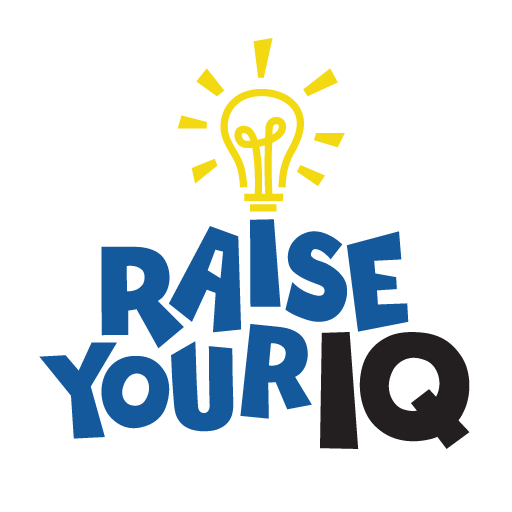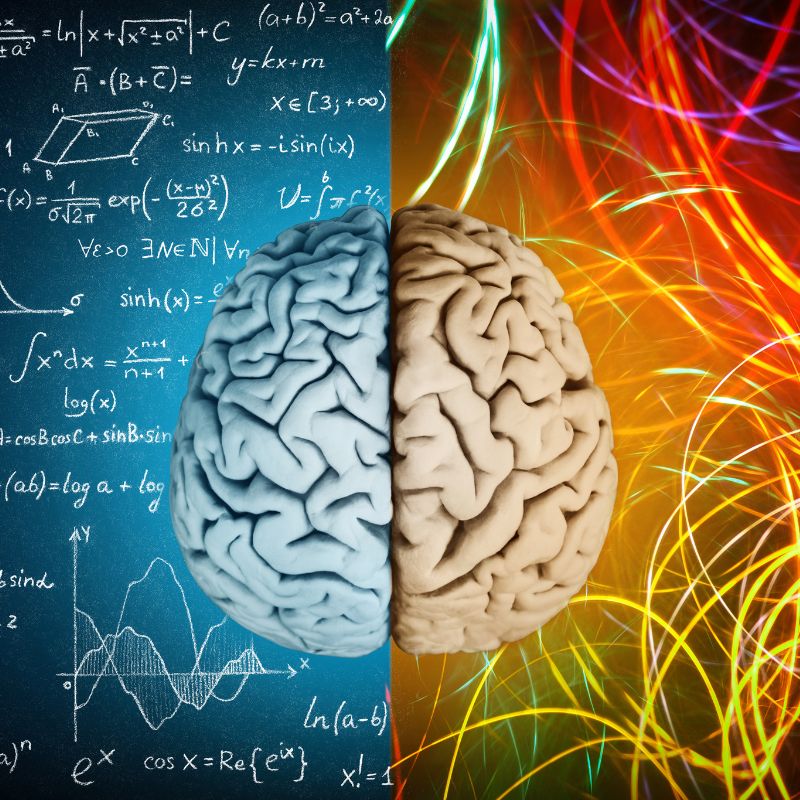Improvements in Relational Skills Can Improve IQ
The term brain training is a generic, vanilla flavored one that can be used by anyone and everyone. The more (and correct) scientific term is relational skills training. Many leading psychologists and experts in relational frame theory, ACT and CBT, are now firmly on the side that kids or even adults undertaking brain training can improve IQ by over twenty points.
In one scientific paper, the authors Doctor Bryan Roche, Sarah Cassidy, Dylan Colbert and Ian Grey published their “A relational frame skills training intervention to increase general intelligence and scholastic aptitude” in the journal Learning and Individual Differences.
This study showed that significant increases in overall intelligence, in the order of 28 points on average, were achieved by undertaking online relational skills training. Furthermore, significant improvements in overall educational aptitude could be achieved by a few months relational skills practice.
What Is IQ And How Is It Measured?
Being great at chess, the ability to read a map upside-down or the ability to decipher the odd one out, may seem different to each other. However, they are thought to be an indicator of general intelligence. General intelligence includes problem-solving skills, scholastic ability, verbal reasoning, and language acquisition etc.
IQ is measured via a test that compares a person’s performance with the performance of other people of the same age, often referred to as a normative sample. When it comes to children, the score reflects the difference between their mental and chronological age.
IQ or “intelligence quotient” is the score most widely used to assess our general intelligence and typically measures a variety of skills from verbal to reasoning. Any person from any walk of life can be highly intelligent and scoring high on one aspect.
Brain Training and Relational Frame Theory
The authors have laid out their rationale why this form of brain training using the Relational Frame Theory approach to intellectual development can hold the key to a functional approach to brain training. Relational frame theory has identified the basic building blocks of intellectual development, which focuses around a person’s ability to understand complex inter-relations among stimuli. If we can understand that if something is opposite to two other things, then those two things must be the same as each other, then this involves us using a relation skill.
Let’ us look at another relational skill, if we conclude that one object is worth more than another, the second one is worth less than the first. The belief that these skills not only underlie intelligence, but constitute it, is core to this modern behavioral approach, and it sits well with the more mainstream cognitive approaches to brain health.
This and other studies show that while most of us are relatively proficient in basic relational skills, we are quite deficient in solving the more complex relational problems. To address this deficiency, a form of online brain training called SMART training (Strengthening Mental Abilities with Relational Training) was developed by Relational Frame Theory researchers at Maynooth University.
To bring further scientific evidence on how brain training can improve IQ, A “Cassidy et al” study (the second such study to be published) by the Maynooth University team, showed that the SMART training program can increase general intelligence as measured by standardized IQ tests, such as the Wechsler Intelligence Scale for Children (WISC). The new study also provided additional evidence that scholastic ability increased because of this very particular form of intellectual skills training (brain training to you and me) using an aptitude test known as the Differential Aptitude Test (DATs).
Brain Training Evidence
Some have argued that increases in general intelligence is just doing repeated IQ tests until you get the result you were looking for. To further strengthen the evidence that brain training can improve IQ, Bryan Roche, Sarah Cassidy and Steven Hayes published some more research on Relational Frame Training Interventions which showed that improvement in IQ in their studies could not be easily accounted for by practice at the IQ test.
The IQ test to the study group was only administered twice, with several months’ interval between the administrations. Furthermore, IQ rises due to practice are generally small compared to the rises reported in their studies. In fact, for experiment 1 of one study, the training administered to the sample of 11 to 12 year old children was dissimilar to an IQ test. The increases in scores observed for numerical and verbal reasoning far outstripped the increases expected by practice at the test itself.
The authors proved that over two studies, SMART brain training has achieved what critics of “brain training” treat as the benchmark for acceptable brain training: the transfer of skills from the training to other tasks. In this regard the “Cassidy study” provides more evidence that brain training can work to enhance essential intellectual skills.
Brain Training Relevancy to Daily Life
Another criticism of brain training is that while it may improve cognitive skills needed to complete the training itself, any benefits may have no practical relevance to our daily lives. Again, the Bryan Roche lead team tracked a sample of thirty 14 to 15 year old children across several months of online training, 2-3 times per week for 30-45 minutes using SMART. This study showed that by practice their relational skills increased their numerical and verbal reasoning abilities, as measured by the DATs (administered and scored by independent third parties) by a significant degree.
Brain Training and Education
Educators use numerical indices to assess a child’s overall “educational aptitude”, which is the child’s ability to perform well in school across the board. By finding a significant increase in scholastic ability, the studies carried out by the Maynooth University Team points to SMART relational skills training making a real and measurable difference to the educability of a child.
A new study (2019-2020) from McLoughlin, S., Tyndall, I., & Pereira, A. titled “Relational operant skills training increases standardised matrix scores in adolescents: A stratified active-controlled trial. Journal of Behavioural Education.” Is further direct evidence that brain training or more specific SMART brain training can improve IQ.
Brain Training Can Improve IQ
While more science and evidence is always required to support the claims of any brain training solution and improvement in IQ, the proof is mounting that a relational frame theory approach to intellectual development has identified a range of basic building blocks of intelligence, once thought to be an unchangeable trait. The data published to date has important implications for the behavioral analysis of intellectual skills and suggest the basis of an intervention using SMART to improve general cognitive functioning.




